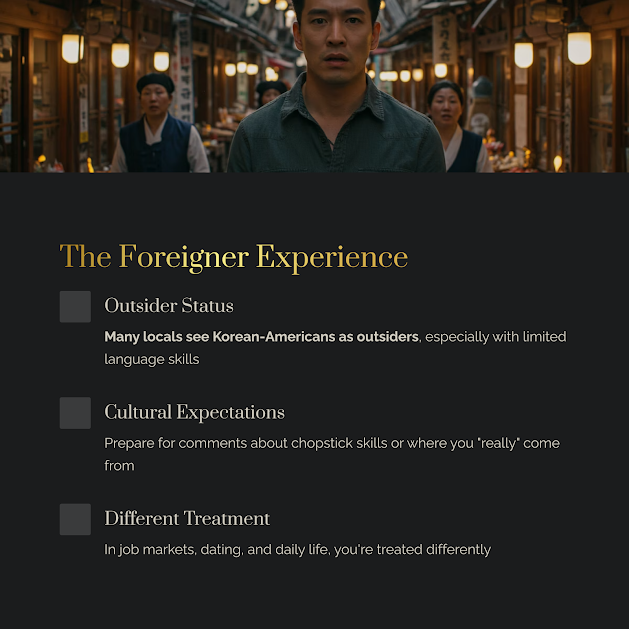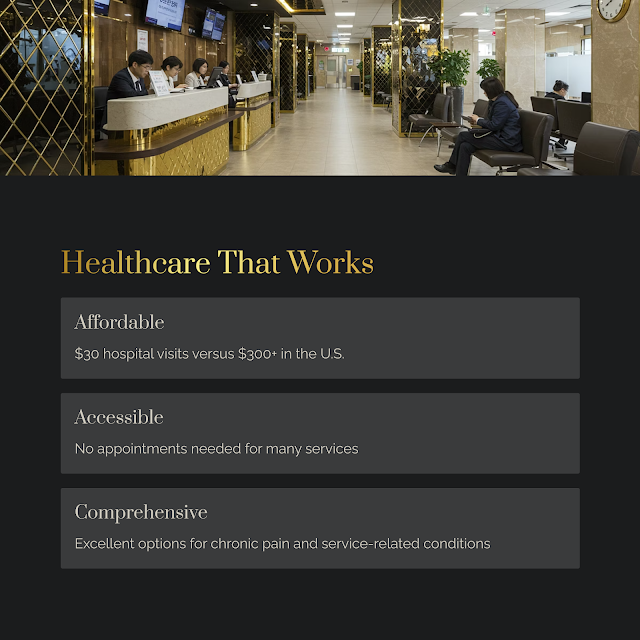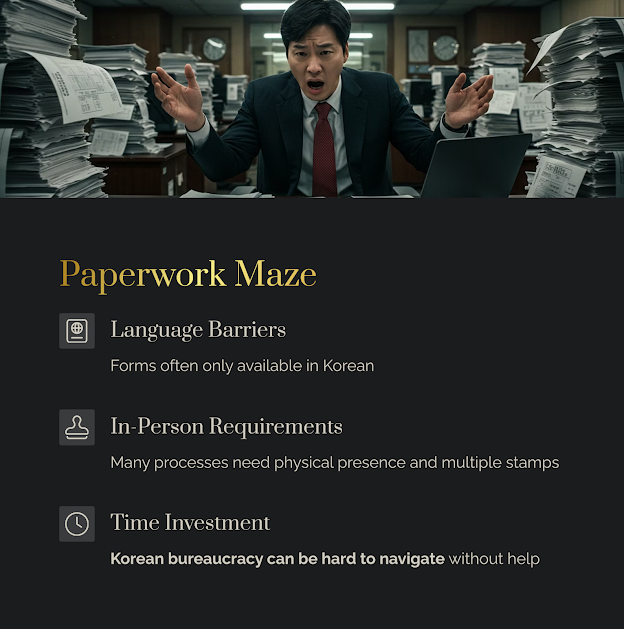An honest look at the rewards and challenges of post-military life in Korea
What’s It Really Like to Live in Korea After Serving in the U.S. Military?
As a Korean-American veteran who transitioned from the U.S. Army to civilian life in Korea, I’ve experienced the best and worst of both worlds. Living in Korea comes with unique benefits, but also unexpected realities—especially if you’ve been shaped by American values and military structure. Here’s a breakdown of what to expect when starting a new chapter abroad.
Pro: Deep Cultural Connection and Identity
Living in Korea can feel like a return to your roots
As someone with Korean heritage, being in Korea can strengthen your sense of identity, family ties, and cultural belonging. You’ll get to speak the language more often, enjoy traditional holidays with relatives, and reconnect with history beyond textbooks.
This kind of immersion brings emotional fulfillment that’s hard to replicate anywhere else.
Con: You’re Still Seen as a Foreigner
Your background doesn’t guarantee full acceptance
Despite being ethnically Korean, many locals see Korean-Americans as outsiders, especially if your Korean isn’t fluent.
You might get complimented for chopstick skills or asked where you “really” come from. In job markets, dating, and daily life, you’re treated differently, and that can wear on your confidence.
Pro: Access to Excellent Healthcare
Korea offers fast, affordable, and high-quality care
Compared to U.S. systems, Korea’s healthcare is efficient and inexpensive, even for expats. A hospital visit that costs $300+ in the U.S. might be just $30 here—with no appointment needed.
Routine exams, physical therapy, dental work, and vision care are all widely accessible. Veterans with chronic pain or service-related conditions find relief in Korea’s wellness options.
Con: Job Market Challenges for Veterans
Your military background won’t always translate easily
Korean companies may not understand your U.S. Army experience, rank structure, or MOS skills. You’ll need to “civilianize” your resume and sometimes start lower than expected.
Teaching English is the most common starting point, but advancing beyond that requires networking and adaptability.
| Challenge | Strategy |
|---|---|
| Language barrier | Take TOPIK classes, hire a tutor |
| Unknown credentials | Get translations & Korean certifications |
| Career gaps post-military | Fill with study, freelance, or internships |
Pro: Cost of Living Can Be Lower
You can live well on less—if you know how
Outside of Seoul’s city center, housing is affordable. Public transport is cheap, food options are plentiful, and you can live comfortably even on VA benefits or GI Bill stipends.
Monthly costs are predictable, and there’s less pressure to own a car or pay for private insurance.
Con: Bureaucracy Can Be Overwhelming
Paperwork is everywhere—and not always in English
Whether it’s visa renewals, banking, or healthcare applications, Korean bureaucracy can be hard to navigate. Processes often require in-person visits, multiple stamps, and fluent Korean.
Prepare to bring a friend, hire a translator, or spend extra time figuring things out.
Pro: Strong Veteran and Expat Communities
You’re not alone in this journey
There are growing networks of veterans, bilingual professionals, and international residents who understand your background.
Facebook groups, USO Korea events, and VFW posts offer social, career, and mental health support. The shared experience of transition makes these groups more than just social—they’re lifelines.
Final Take: Is It Worth It?
Living in Korea as a Korean-American veteran isn’t easy—but it’s deeply rewarding if you’re prepared for the cultural shift.
Key insight: Your heritage can open doors, but your military discipline, adaptability, and mindset are what help you stay and succeed.










